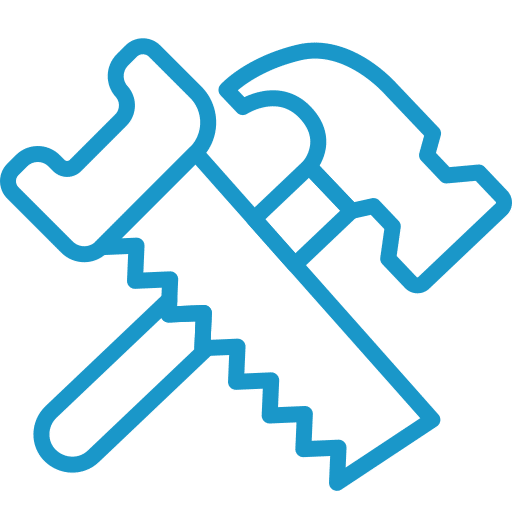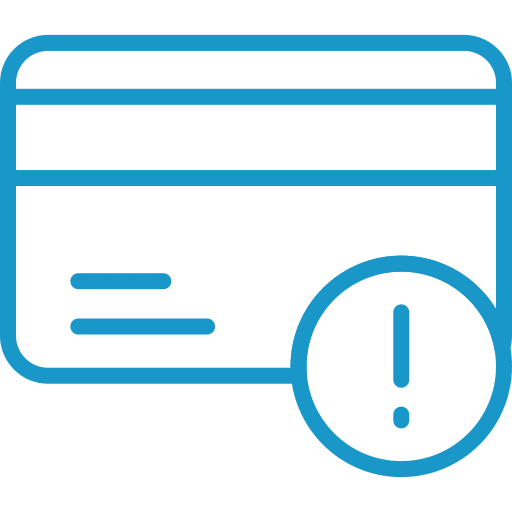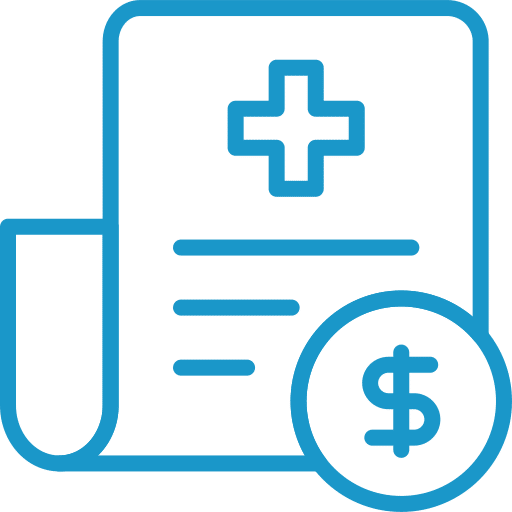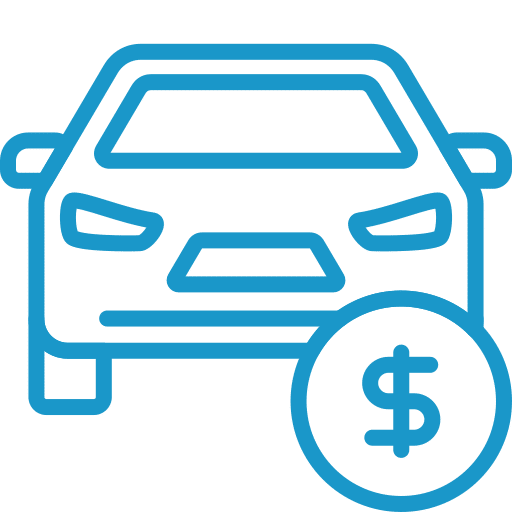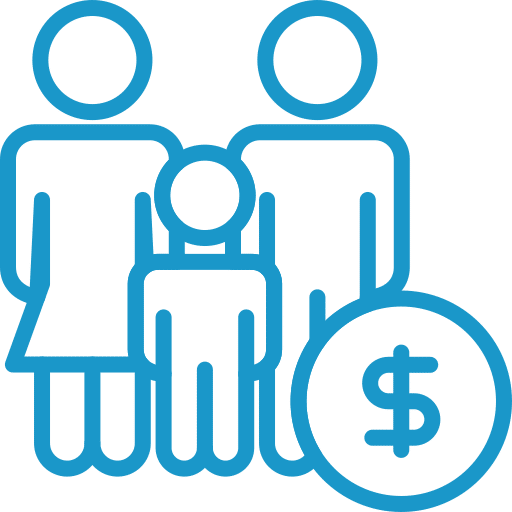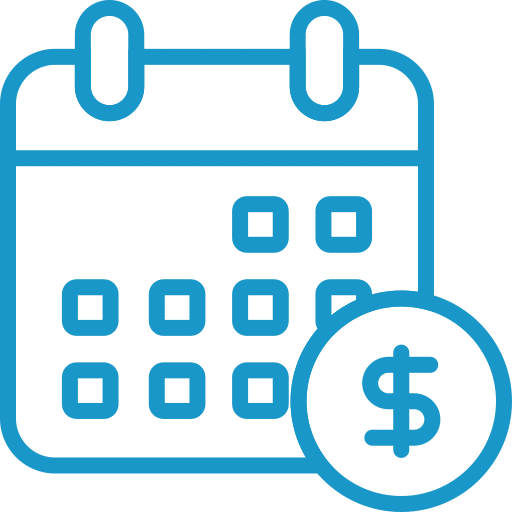Best Debt Consolidation Loans in 2025
Get pre-qualified for a debt consolidation loan in just minutes. Checking rates won’t affect your credit score







Personal Loans for Debt Consolidation
It is all too easy to let debt grow and end up playing catch-up. Credit cards are often the biggest cause simply because they are such a flexible way of borrowing. Can’t pay it all off this month? Never mind, I’ll pay the minimum and pay the rest next month. Gradually the amount you owe rises and before you know it you have a problem.
Even if the amount you owe remains manageable and you have a plan in place to repay it, credit cards are no means the cheapest way to borrow money. A debt consolidation loan can be a good way of managing your debt burden, reducing the interest, and getting your finances back on track.
Applying for a personal loan for debt consolidation is fast and easy:
Compare personal loan rates
Compare personal loan rates in December, 2025
What is a debt consolidation loan?
A debt consolidation loan is a personal loan, and it can be a great way to consolidate your debts into one easily managed account. Say you have 5 credit cards each with a large balance and varying interest rates, you can get a personal loan for that amount and pay off each card.
This means you not only likely reduce your interest rate, but you also consolidate all that debt under one loan – a loan that will be fully paid off within the loan term. This means that instead of carrying your credit card balances from one month to the next, you’ll know with certainty that you’ll pay off all your debt within that time frame by paying one payment each month.
How does debt consolidation work?
Debt consolidation simplifies multiple debts into one loan or credit account. Here's a brief overview:
- Assess your debts and gather information.
- Research consolidation options like loans or balance transfer credit cards.
- Apply for a consolidation loan with a lender.
- Use the loan funds to pay off existing debts.
- Repay the consolidation loan on a regular schedule.
- Benefits include simplified finances and potential interest rate reduction.
- Maintain financial discipline to prevent future debt issues.
What are the benefits of consolidating your debt?
Consolidating your debt can offer several benefits, including:
- Simplified finances: Combining multiple debts into a single loan or credit account makes it easier to manage your finances by having just one monthly payment to focus on.
- Lower interest rates: If you can secure a consolidation loan with a lower interest rate than your existing debts, you may save money on interest payments over time.
- Potential for lower monthly payments: Consolidating debt can potentially result in a lower monthly payment, making it more manageable and improving your cash flow.
- Streamlined repayment: With a consolidated debt, you have a clear repayment plan and timeline, helping you stay organized and focused on eliminating your debt.
- Improved credit score: By making regular payments on time, debt consolidation can positively impact your credit score over time.
- Avoidance of late fees: Consolidating debt reduces the risk of missing payments and incurring late fees, helping you save money in the long run.
- Flexibility in repayment terms: Depending on the consolidation option you choose, you may have the flexibility to select repayment terms that suit your financial situation and goals.
- Reduction in collection calls: Consolidating your debts can potentially reduce or eliminate collection calls from multiple creditors, providing peace of mind.
- Financial stability: By taking control of your debt and having a clear plan, you can work towards achieving greater financial stability and independence.
- Simplified budgeting: Having a single monthly payment makes it easier to budget and track your expenses, allowing you to stay on top of your financial goals.
What kind of debt can I consolidate?
You can consolidate:
- Credit card debt
- Student loans
- Personal loans
- Auto loans
- Mortgage loans
- Medical bills
- Payday loans
- Home equity loans
- Business loans
- Tax debts
- Store credit or retail installment plans
- Lines of credit (e.g., home equity lines of credit)
- Overdraft balances
- Unpaid utility bills
- Outstanding rent or lease payments
Quick links

Ready to apply for a debt consolidation loan? Get started today.
Need help finding the right loan?
No worries, we've got you covered! Compare personalized loan options in just minutes.
How Pasha Funding Works

What are my options for debt consolidation?
- When considering debt consolidation, you have several options to choose from. Here are some common methods of debt consolidation:
- Personal Loans: You can apply for a personal loan from a bank, credit union, or online lender to consolidate your debts. If approved, you receive a lump sum to pay off your existing debts, and then you make regular monthly payments on the personal loan.
- Balance Transfer Credit Cards: Some credit card companies offer balance transfer options. You can transfer your high-interest credit card balances to a new credit card with a low or 0% introductory APR for a specified period. It's important to note any balance transfer fees and the duration of the promotional APR.
- Home Equity Loans or Lines of Credit: If you own a home and have equity built up, you may be eligible for a home equity loan or a home equity line of credit (HELOC). These options allow you to borrow against the value of your home to pay off your debts. However, using your home as collateral means there is a risk of losing it if you cannot repay the loan.
- Debt Management Plans (DMP): A DMP is a program offered by credit counseling agencies. They negotiate with your creditors on your behalf to create a repayment plan. You make a single monthly payment to the credit counseling agency, and they distribute the funds to your creditors.
- Debt Consolidation Companies: There are companies that specialize in debt consolidation. They negotiate with your creditors to lower interest rates or create a new repayment plan. You make monthly payments to the consolidation company, which distributes the funds to your creditors.
Will consolidating my debt help me pay off my bills faster?
Debt consolidation will clear your immediate debt but you will still owe the money to the loan provider. The time needed to clear the new loan will depend upon which type of consolidation you choose and maybe five years or even more. The main plus points are that your debt is under control, the borrowing is less expensive, and there is a fixed endpoint. Make sure whichever loan you choose allows you to pay off your loan early without any fees so you can do so without penalty.
Should I get a personal loan to consolidate my debt?
If you have a FICO credit score of 670 or more, a personal loan may be the best choice for debt consolidation. While loans are available to those with low and fair credit scores a good credit score should guarantee you a more favorable interest rate. With APRs for credit cards in the mid to high teens, a low-interest rate will help you meet the regular payments and probably reduce your monthly outgoings.
While credit cards operate as a rolling line of credit, thereby offering the possibility of constantly being in debt, a personal loan means that you have a fixed date in the future when you will be debt-free.
However, for any consolidation loan to work for you, you also need to stop using the original cards and change your spending habits. It is no use clearing your cards only to rack up more debt.
Should I get a debt consolidation loan to pay off my debt?
Before applying for a debt consolidation loan you should consider the following:
- Do you have a good credit score? While a good credit score is not mandatory for debt consolidation it does mean you will be able to take advantage of credit at the lowest interest rates. With a low or fair score, you may be saddled with high-interest rates that effectively make the monthly repayment impossible.
- Are your debts high-interest? If your debt is high interest, as most credit card accounts are, then you could make a considerable saving by taking out a consolidation loan.
- How good are you at controlling your finances? If you can handle multiple accounts and are rigorous with setting aside money for the repayments, especially if the debt is reasonably small it may not be worthwhile to consolidate.
- Are you prepared to change? Consolidating your debt without changing your spending habits is just adding fuel to the fire. Getting out of a debt spiral needs commitment on your part.
- How big are your debts? If your debt is small enough so that you can see yourself clearing it within a relatively short period – say, six to 12 months then it may not be worth the hassle of researching and applying for a different form of loan.
How do I get prequalified for a debt consolidation loan?
To get prequalified for a debt consolidation loan:
- Check your credit report for accuracy.
- Gather financial information and documents.
- Research and compare lenders.
- Initiate the prequalification process with the chosen lender.
- Provide basic information and details about your debt.
- Submit additional documentation if required.
- Wait for the lender's prequalification decision.
- Receive a prequalification offer with loan details.
How to apply for a debt consolidation loan
To get a debt consolidation loan, follow these steps:
- Assess your total debt and determine the amount you want to consolidate.
- Check your credit score to understand your creditworthiness.
- Research different lenders that offer debt consolidation loans.
- Gather financial documents such as proof of income and information about your existing debts.
- Complete the loan application with accurate financial information.
- Provide additional documents if requested during the verification process.
- Wait for loan approval, which may take several days to a few weeks.
- Review the loan terms, including interest rates, repayment period, and fees.
- Accept the loan offer if the terms align with your financial goals.
- Once approved, the lender will disburse the funds.
- Use the loan proceeds to pay off your existing debts and consolidate them.
- Make regular monthly payments according to the loan agreement.
Personal Loans for Every Occasion
Find Your Best Rate
Compare Best Personal Loans
Personal Loan Payoff Calculator
Personal Loan Lender Reviews
Personal Loans By Credit
Personal Loans for Fair Credit
Personal Loans for Good Credit
Personal Loans for Excellent Credit
Personal Loan Types
Auto Repair Loans
Credit Card Consolidation Loans
Fast Personal Loans
Home Improvement Loans
Horse Barn Financing
Wedding Loans
Family Planning Loans
Funeral Financing
Land Purchase Financing
Manufactured Home Financing
Medical Loans
Cosmetic & Plastic Surgery Financing
Owner Builder Construction Loans
Personal Loans for House Down Payment
Personal Loans for Self Employed
Personal Loans for Furniture Expenses
Student Loans
Debt Consolidation Loans
Vacation & Travel Loans
Emergency Personal Loans
Personal Loans with Co-signers
Home Improvement Financing
Appliance Financing
Bathroom Remodel Financing
Basement Remodel Financing
Boat Dock Loans
Deck Financing
Driveway Paving Financing
Fence Financing
Flooring Financing
Furnace Financing
Garage Financing
Home Addition Financing
Hot Tub Financing
HVAC Financing
Home Insulation Financing
Interior & Exterior Painting Financing
Kitchen Remodel Financing
Kitchen Cabinet Financing
Pole Barn Financing
Roof Financing
Solar Panel Financing
Swimming Pool Financing
Sunroom Addition Loans
Window Replacement Financing
Loan rate & terms disclosure: Prequalified rates are based on the information you provide and a soft credit inquiry. Receiving prequalified rates does not guarantee that the Lender will extend you an offer of credit. You are not yet approved for a loan or a specific rate. All credit decisions, including loan approval, if any, are determined by Lenders, in their sole discretion. Rates and terms are subject to change without notice. Rates from Lenders may differ from prequalified rates due to factors which may include, but are not limited to: (i) changes in your personal credit circumstances; (ii) additional information in your hard credit pull and/or additional information you provide (or are unable to provide) to the Lender during the underwriting process; and/or (iii) changes in APRs (e.g., an increase in the rate index between the time of prequalification and the time of application or loan closing. (Or, if the loan option is a variable rate loan, then the interest rate index used to set the APR is subject to increases or decreases at any time). Lenders reserve the right to change or withdraw the prequalified rates at any time.
Requesting prequalified rates on Credible is free and doesn't affect your credit score. However, applying for or closing a loan will involve a hard credit pull that impacts your credit score and closing a loan will result in costs to you.

